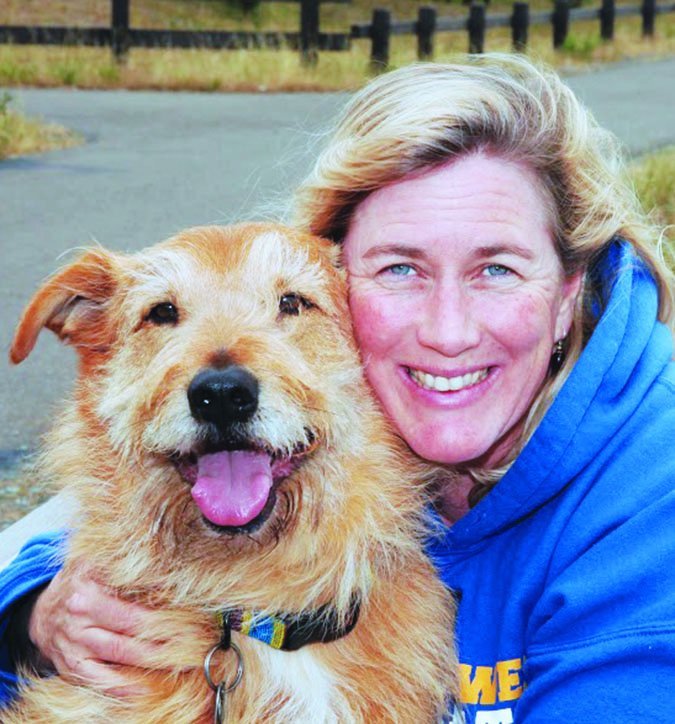
Have you ever had the experience of getting incredibly “stuck” with your dog, unable to teach him a certain new behavior? And then an experienced trainer steps up, and has your dog happily performing the behavior again and again within a minute? At that moment, part of you is happy because your dog “got it,” but part of you may be seething, too. What the heck, dog?
That scenario was running through my head as I sat and worked in one room, while in the next room, someone was trying to coerce a willful three-year-old through dinner, a bath, pajamas, story time, and bed. The adult kept threatening various punishments (a time-out, not getting treats the next day, having a favorite toy taken away), but never quite delivered on any of them. I was dying to go in there and give advice (or even take over), because I knew I could make it all happen, and without threats or a raised voice, tight with exasperation. I know this because I’ve finessed the same toddler through the same routine without eliciting his tears, anger, and frustration. But unlike a human student and her dog in a training class, this person didn’t sign up for my advice. So I just sat there unhappily, wishing I could put some “dog training” to work.
For the 19 years that I’ve been editing WDJ, I’ve been studying animal trainers – mostly dog trainers, but other trainers, too. I’ve watched them work (in person and on video), photographed them, interviewed them, read what they’ve written, and taken lessons from them. I’ve learned a ton about influencing the behavior of other animals, and successfully used what I’ve learned on my own dogs, foster dogs, shelter dogs – and yes, I’ve even used what I’ve learned to help “train” my son. He’s 23 now, long past needing any intervention to change his behavior, but I have to say, what I learned from all the animal trainers I’ve studied worked with him, too! He’s a great dog – um, successful young man!
What have I learned? For starters, I’ve learned that a good trainer doesn’t yell at or physically menace her pupil, intimidating or threatening him into compliance. Because – what if the dog still won’t do the behavior? Then what?
A dog trainer also knows that rewards need to be palpable and immediate. If a handler fails to reward – or even notice – the behaviors that a dog does after being cued to do them, and they are behaviors that are not particularly enjoyable in and of themselves for the dog – why should he keep doing them? Failing to reinforce good behavior with something that is valuable to the training subject is a sure-fire way to get that good behavior to stop.
As I sat there, listening to the parent/toddler struggle in the other room, I was dying to jump in and “train the dog.” And then it occurred to me: This must be exactly what it’s like for dog trainers when their human students struggle to get their dogs to do something that is ridiculously easy for the trainer to accomplish. They must also be thinking, “Why doesn’t this person just do it like this?”
And so, like any of the really great trainers I’ve met and admire, what I really need to do is figure out how to reach out and teach the “amateur handler,” not the “dog.” I need to notice and reinforce the things she’s doing right, so she not only learns a better way to get the behavior she wants, but enjoys the process, too.
Dog training rocks!





